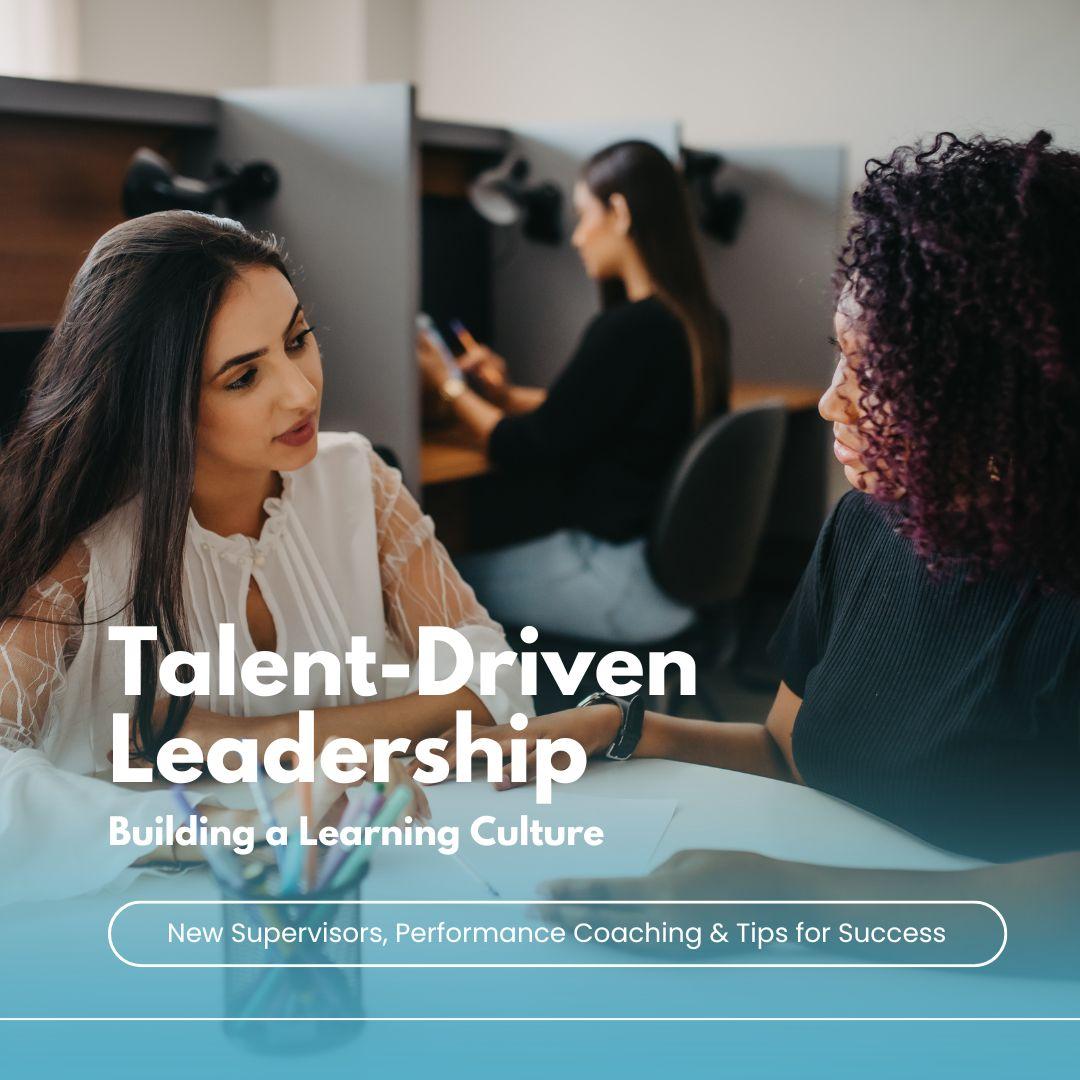The Risks of Transactional Leadership
According to Deloitte’s 2025 Global Human Capital Trends report, leadership is shifting from a command-and-control approach to one that prioritizes adaptability, collaboration, and continuous development. Managers are increasingly expected to act as coaches, building resilience, engagement, and high performance within their teams.
- As Matt Kursh notes, “Unprepared managers are unskilled at decision-making, cultivating good communications, coaching people to success and a range of other universal leadership skills.”
This underscores the critical need to prepare supervisors for the challenges of modern leadership.
Organizations that rely on short-term, reactive management approaches often face challenges such as:
- High Turnover: Employees who feel undervalued or expendable are more likely to leave, increasing recruitment costs.
- Eroded Trust: Transactional leadership can reduce confidence in management and organizational stability.
- Loss of Institutional Knowledge: Frequent departures result in gaps in expertise and efficiency.
Supporting Statistics:
- Actively engaged employees are 18% less likely to leave their jobs.
- Disengaged employees can cost organizations up to $550 billion annually.
Why New Supervisors Matter
New supervisors play a critical role in shaping team culture and performance. Selecting leaders with:
- Emotional intelligence
- Coaching ability
- Commitment to continuous learning
…ensures employees feel supported and motivated. Well-prepared supervisors transform performance management into ongoing development, rather than a single evaluation.
- ‘It’s important for organizations to think about how people go from the change of leading themselves to leading others and some of the pitfalls new managers experience.’ — Paul Tripp
Performance Coaching as a Continuous Process
Effective supervisors practice ongoing performance coaching, which includes:
- Regular check-ins and feedback conversations
- Problem-solving and growth discussions
- Setting SMART goals
- Approaching difficult conversations with confidence
This approach strengthens engagement, retention, and team performance while fostering accountability and growth.
Building a Learning Culture
A learning culture thrives on curiosity, openness, and continuous growth. Supervisors contribute by:
- Modeling learning behavior
- Supporting experimentation and safe risk-taking
- Providing access to training and development resources
- Encouraging knowledge and best practice sharing
Organizations with a strong learning culture see:
- Higher engagement and productivity
- Improved retention
- Greater innovation and organizational agility
Practical Steps for HR and Leaders
To foster a talent-driven culture:
- Select supervisors strategically: Hire or promote leaders aligned with organizational values and coaching skills.
- Invest in leadership development: Provide training in coaching, feedback, and conflict resolution.
- Encourage continuous learning: Offer resources and opportunities for ongoing skill development.
- Recognize and reward growth: Celebrate achievements to reinforce a culture of learning.
- Measure impact: Track engagement, retention, and performance trends to refine strategies.
Conclusion
Moving from reactive management to a talent-driven leadership and learning culture is essential for long-term organizational success. Equipping supervisors with the right skills and fostering continuous learning improves engagement, retains top talent, and drives innovation.
Ready to transform your leadership and build a high-performing workforce?
Contact us today to learrn more,
